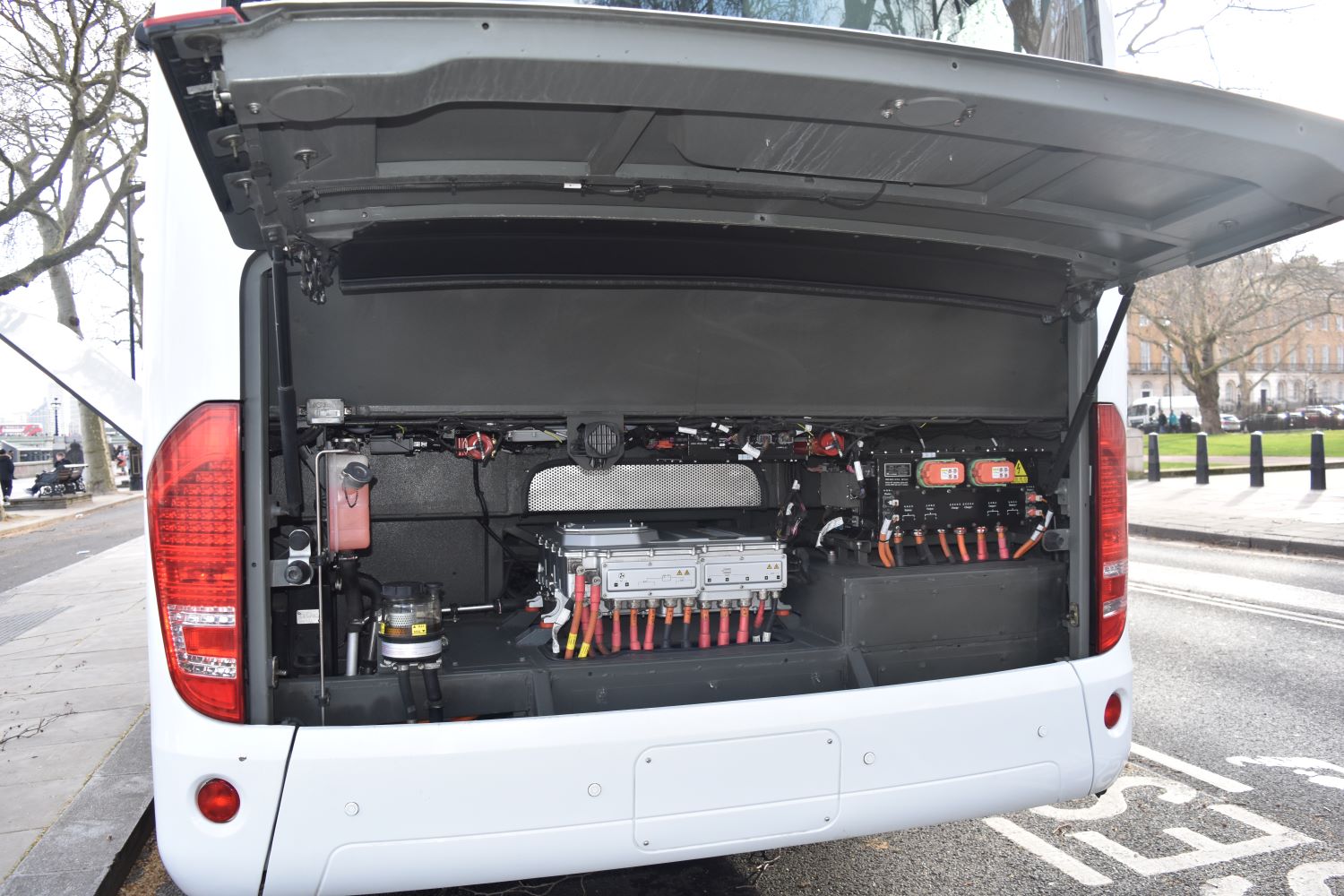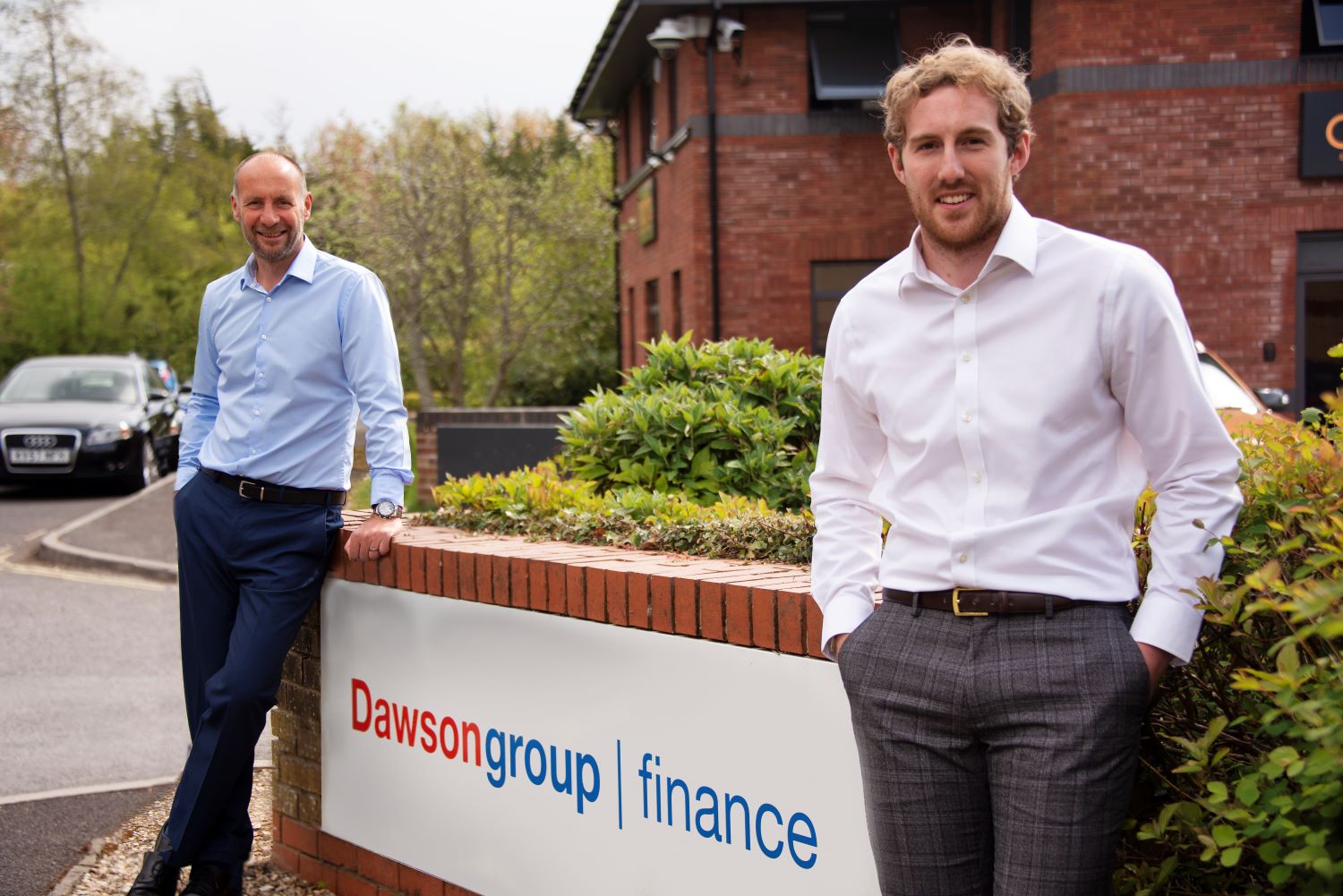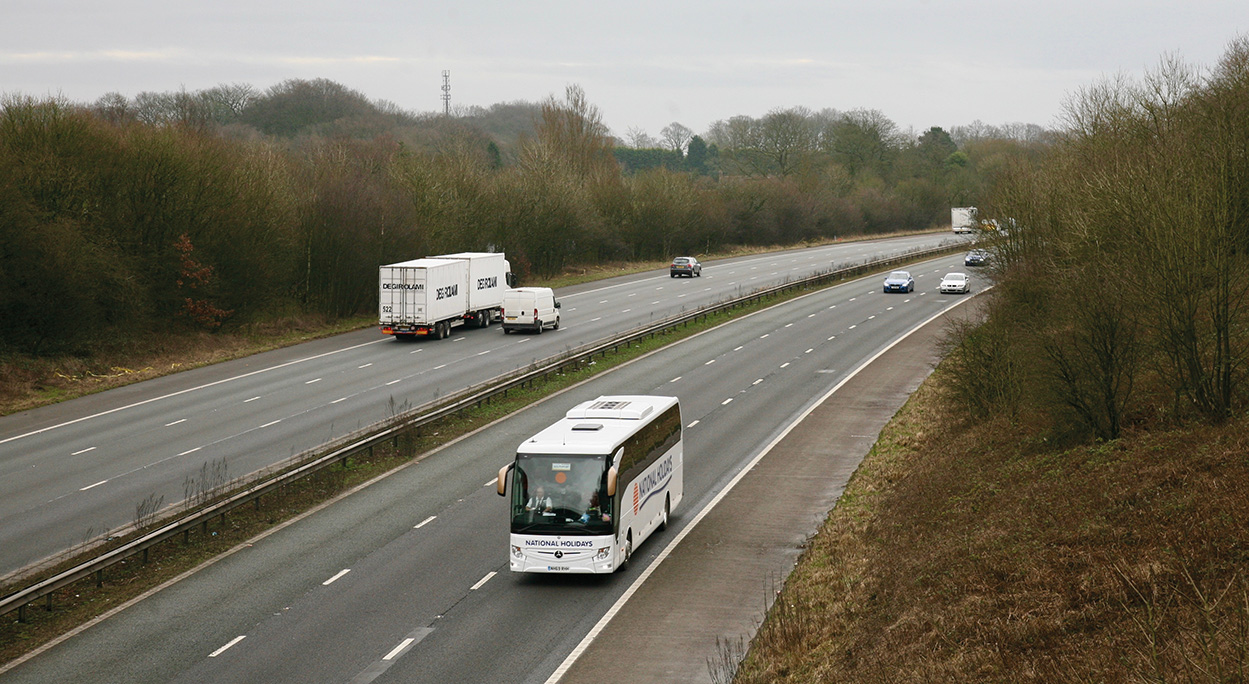Matt Bull, Commercial Manager at Dawsongroup Finance, looks at how the industry is changing and how finance companies can help
In an industry in which uncertainty is currently high, finance companies are built on the very thing that is prevalent right now – risk. As the coach and bus sectors try to recover from a pandemic which challenged them more than nearly all other industries, doubts over government subsidies and the added quandaries presented by the switch from diesel to greener fuels are doing nothing to settle the collective heart rate.
Matt Bull, Commercial Manager at Dawsongroup Finance, admits the outlook is unclear but is optimistic the industry can bounce back. “The industry is facing massive challenges since COVID-19,” says Matt, who has worked in financing and leasing for the last eight years. “I’d like to think the industry is recovering. It’s getting itself into a better position than it was a year or two ago.”
The economic climate is making the more traditional options for financing such as bank loans less available, believes Matt. “A lot of the normal funding solutions are steering clear of the coach and bus market,” he says, realising that is good news for his company. “What we do differently is to try to find the best solution, using the experience and the knowledge that we have within the group and using the assets we have available to us.”
Those assets number around 30,000 in total across a variety of industries such as agriculture and manufacturing and more than 1,600 coaches and buses, which are available for contract hire, rental, operating lease or finance lease. The knowledge Matt talks of comes from Dawsongroup’s 85 years in business and nearly three decades in the coach and bus market. Last year the company had a turnover of £355 million.
Dawsongroup’s approach is based on flexibility, highlights Matt in explaining its “smarter asset strategy”. That strategy is all about understanding the needs of an operator or local authority and working with them as that requirement changes over time. It works on the basis of the client paying for a vehicle only for the period they need it rather than for the life of the asset. “It’s a solution-based sale and it’s about finding the right option for the customer,” says Matt. “We ask what you are using your asset for and, from that, we’ll try to gauge the best solution for you and price it appropriately, depending on whether it is a rental deal or a contract hire, with maintenance potentially, or is a straight finance deal or an operating lease deal, for example.
“Say if we’re leasing you a bus over six years – because that mirrors a Transport for London contract or something like that — if in three years’ time, something changes and that asset is no longer appropriate to its purpose, we’ve got the ability with our routes to market, to potentially manage that out.”
The used vehicle shortfall
The scarcity of used vehicles on the market at the moment and the resulting increase in the cost of them seems to work in favour of finance companies, given that a new equivalent can be more appealing in comparison, though unaffordable directly for some.
Matt says: “It’s changed business-owners’ mindsets because where is the benefit in purchasing those used kits now? You’re going to have a shorter life cycle and the cost is in reality not going to outweigh the benefit anymore, which opens the door to additional finance opportunities.”
It’s a situation which may yet last a while, thinks Matt. “What you’re going to start seeing very soon is the older technologies and the older combustion engines aren’t going to be available to use within major towns and cities. So, I think the used market is going to stay the way it is now. You’re going to keep seeing high costs in the used market, which should force the end user into moving into newer kit, taking it for longer periods of time, testing those new technologies and seeing what’s going to work best for them.”
The impact of zero-emission
The decrease on the market of older, less-green technologies and the growth of zero-emission is presenting an extra risk element for operators as well as financing companies such as Dawsongroup.
“With a classic finance deal, you of course take a risk,” says Matt. “You hope the business lasts the time that you’re lending to it. But, when you add into it a relatively new product like an electric or hydrogen bus, there are a lot of unknowns like battery lifetime. All of that contributes to a lot more risk in the finance market.”
Matt says a consultancy partnership with SSE Energy is helping the business to predict the future of the changing technologies. “We are trying to do our best to understand what there is available and where the market is going to be able to provide the solution for what the customer wants.”

The trend for shorter-term
Dawsongroup is noticing a trend for operators and local authorities to want short-term contracts when it comes to renting or leasing a vehicle. However, Matt believes its smarter asset strategy can mitigate for that, working better for both it and the client.
“We’ve seen people prefer shorter-term lease,” he says. “One of the main reasons is the cost and they’re trying to benefit from the fact there’ll be secondary life in that vehicle. Also, we’re in that transition stage between diesel and zero-emission where people are finding stop-gaps. A customer might want to just take a short-term option right now and, in three years, their needs may change.
“The idea is we can present to a customer some options. It’s not just ‘you’ve got to hand it back because that’s what the contract tells you to do.’ Maybe we can extend it 6-12 months and see where we are or take it back from you and supply you with a short-term rental for six months so you can trial a different vehicle.”
Riding the storm
Aside from the uncertainties of the used-vehicle market and new fuel technologies, Matt concedes the economic situation with high interest rates and inflation are making life difficult for SMEs. However, he is confident coach and bus operations can thrive and he says Dawsongroup will be there to help.
He says: “Yes, there’s concern. But it’s a market that Dawsongroup has been in for a long time and it’s not one we’re going to walk away from. We want to help businesses find ways to work when it’s not quite working. We’re not your bank manager sitting on the end of a phone or an email; we want to be talking and understanding. We’re very much active in the market and we’ll be doing our best to keep that market going, whichever way it goes.”



























